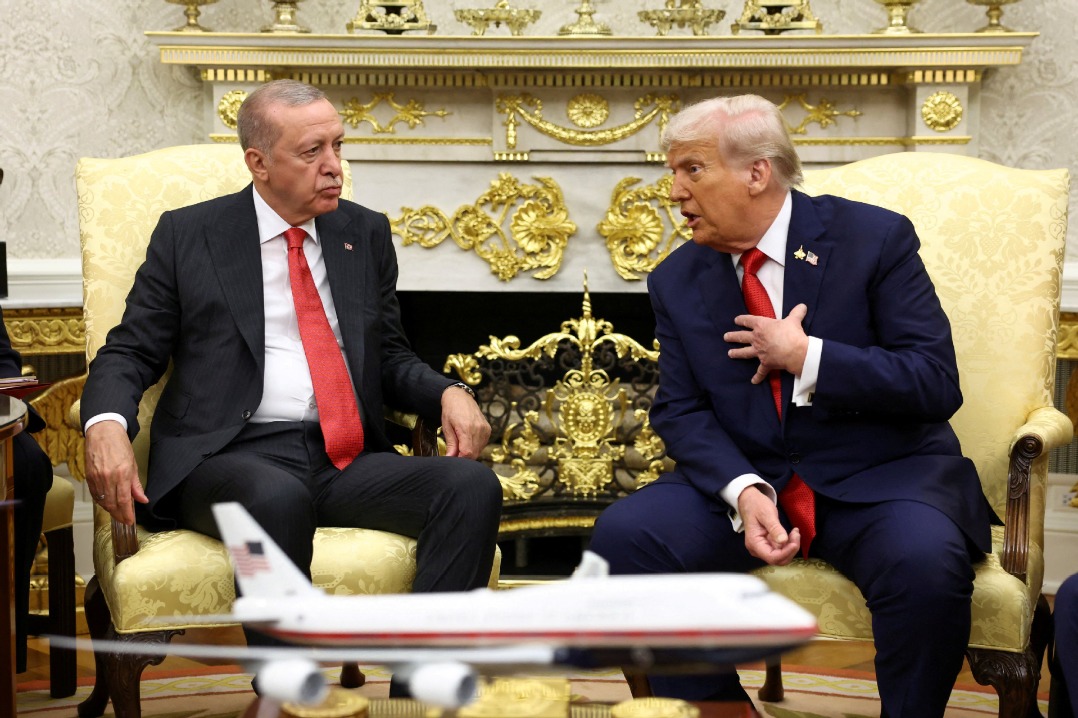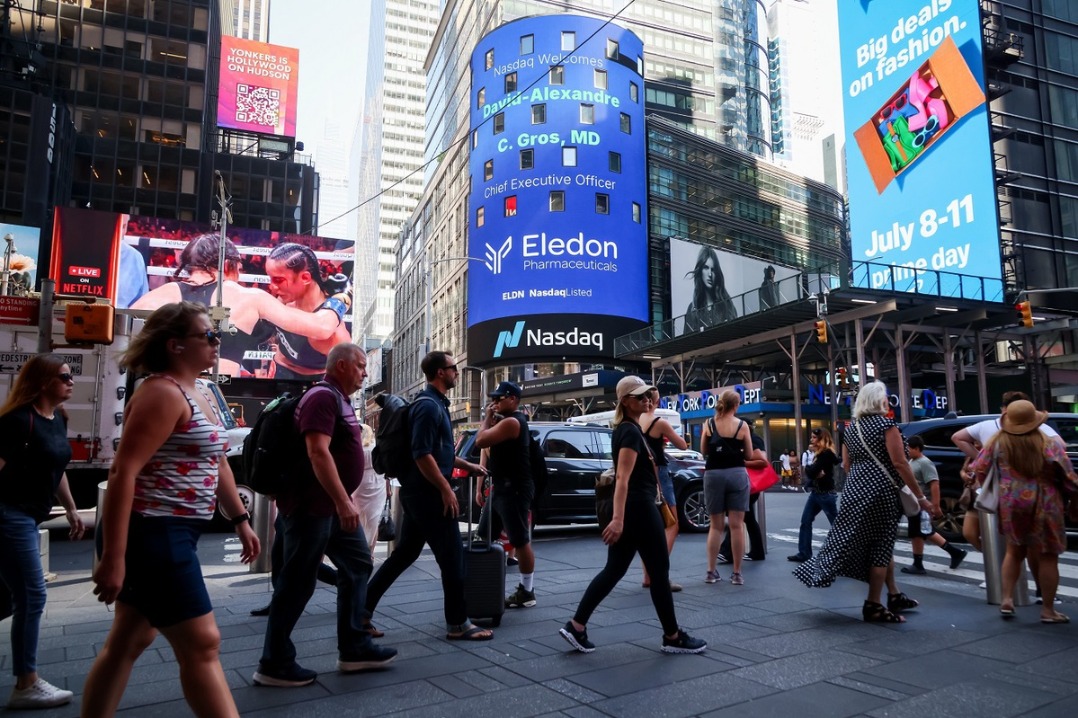Time for Asian economies to diversify is now, webinar hears

Asian economies are capable of the commitments required in diversifying their economies away from the United States, a webinar for commentators from ASEAN countries and Japan has heard.
During the "Disrupted World Economic Order: Unilateral Tariff, Weakening WTO, Trade Weaponization" webinar on Friday, a number of participants raised a series of factors to be taken into account when devising and implementing diversification policies.
The commentators at Friday's meeting, which was organized by Japan's National Graduate Institute for Policy Studies (GRIPS) and the Foreign Policy Community of Indonesia (FPCI), were Indonesia's Director General of International Trade Cooperation and Negotiations Iman Pambagyo; Senior Lecturer at Vietnam's University of Economics and Business Nguyen Anh Tuan; Professor of Political Sciences and Economics at Japan's Waseda University Yasyuki Todo; Senior Fellow at Singapore's ISEAS-Yusof Ishak Institute Jayant Menon; and GRIPS Professor Kunihiko Shinoda.
Jayant Menon said Asian countries, especially those who count themselves among the Global South, should not be overly influenced by trade with the United States as the US actually accounts for only 15 percent of global world trading. China has been ASEAN's largest trading partner for the last 16 years, with the US the bloc's second largest trading partner.
Iman Pambagyo said he believes the issue is not about turning from 85 percent of trade to 15 percent, or the other way around, but rather about "diversifying our engagement".
"I think heavy reliance on one or two economies is not a good idea. It is time for us to diversify," he said.
The Indonesian official added that ASEAN as a group can approach other countries, in addition to maintaining their currently "close" ties with neighbors like China, Japan, South Korea, Australia and New Zealand.
Pambagyo made special mention of India, which is not a member of the Regional Comprehensive Economic Partnership (RCEP) of Asia-Pacific states.
Members of the RCEP, currently the world's largest trade pact, include 10 ASEAN member states, along with China, Japan, South Korea, Australia and New Zealand. A number of other countries and regions, including Hong Kong, Chile, Sri Lanka and Bangladesh have expressed an interest in joining the bloc.
Pambagyo suggested that the RCEP, which was established in 2020, could offer another invitation for India to join the pact.
Combined, RCEP countries account for around 30 percent of the world's population and 30 percent of global GDP.
Although the US is an important part of the trading world, "the mutual benefits of rules-based trade and investment will come to dominate the future of our commercial relations", Pambagyo said.
He made special mention of the BRICS alliance as indicative of the reconfiguration of the global economic order. According to Pambagyo, BRICS is raising the importance of China in the global chain.
"Now, we are seeing the multipolar pattern of the global economy," the Indonesian official said.
"I am not saying that we are entering global economic disorder, but rather the reconfiguration of global economic order."
Yasyuki Todo said that trade diversification is also important to Japan: "And obviously, diversification should be toward trustworthy countries," the Japanese professor said in reference to ASEAN's trading partnerships with countries outside of the bloc.
He described as stagnant recent levels of trade between Japan and ASEAN and between China and ASEAN – and direct foreign investment from the two economic giants in ASEAN countries.
Yasyuki proposed that, while many Asian countries naturally find it easier to continue relying on China, they should use the Multi-Party Interim Appeal Arbitration Arrangement (MPIA) to supplement the World Trade Organization's dispute settlement mechanism. As many as 57 countries have joined the group, which serves as a temporary alternative to the WTO's Appellate Body.
Yasyuki added that, in addition to the RCEP, organizations like the Comprehensive and Progressive Agreement for Trans-Pacific Partnership (CPTPP) are particularly important in maintaining the rule of law in international trading and investment.
Nguyen Anh Tuan said the future of the global economic order depends on US-China relations: "In my view, tariffs are interpreted as part of the broader US and China decoupling," he said.
Nguyen put difficulties in improving intra-ASEAN trade and investment down to the nature of some member economies as well as delays at borders, a weak single window system and poor internet connectivity.
The writer is a freelance journalist for China Daily.

































